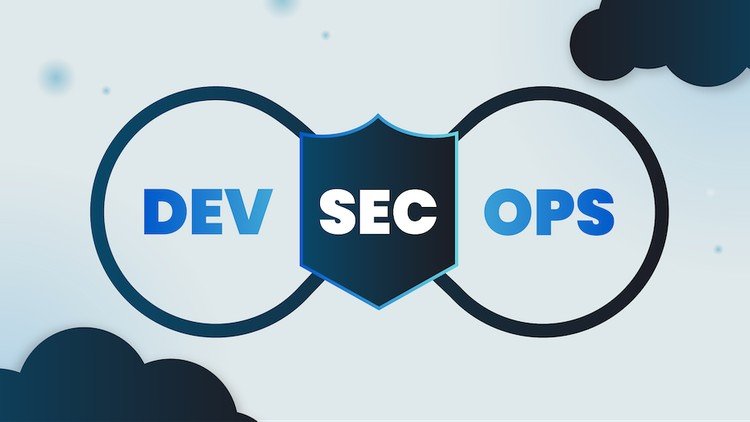The "Introduction to DevSeOps" course on Udemy offers a comprehensive pathway for individuals eager to understand the nuances of DevSecOps in today’s dynamic software development landscape. As organizations increasingly prioritize security within their development processes, this course provides an essential foundation, equipping learners with the necessary skills and tools to embrace this critical paradigm. Whether you’re new to the field or looking to enhance your existing knowledge, this course caters to a wide range of learners with its structured approach and practical insights.
What you’ll learn
By enrolling in this course, you will unlock a plethora of skills crucial for anyone aiming to implement DevSecOps in their work. Key learning outcomes include:
- Understanding DevSecOps Principles: You’ll gain insights into how security integrates seamlessly into the DevOps lifecycle.
- Security Best Practices: The course covers essential security practices that should be part of every development process.
- Familiarity with Tools and Technologies: Experience with popular tools such as Docker, Jenkins, Git, Kubernetes, and various security scanning tools.
- Continuous Integration and Delivery (CI/CD): An understanding of the CI/CD pipeline and how security can be incorporated at every stage.
- Risk Assessment and Management: Skills in identifying potential security risks within your development workflow.
- Automation Techniques: Techniques to automate security testing and monitoring as part of your CI/CD pipeline.
The course not only emphasizes theoretical knowledge but also focuses on practical applications, allowing you to apply concepts in real-world scenarios.
Requirements and course approach
Before diving into the content, it’s helpful to have a basic understanding of software development concepts and some familiarity with cloud computing. However, prerequisites are minimal, making it an accessible entry point for many learners. The course is structured into engaging modules that combine video lectures, hands-on exercises, and quizzes to reinforce learning.
The instructor uses a blend of theoretical explanations paired with interactive demos, ensuring that learners can visualize and understand the application of DevSecOps principles. This course’s series of short, digestible lessons make it easy to follow along, while beautifully designed auxiliary materials provide additional value.
Who this course is for
This course welcomes a diverse audience. It’s perfect for:
- Beginners in Software Development: Those who are new to the field and wish to gain a solid grounding in secure development practices.
- Intermediate Developers: Developers who are familiar with DevOps but looking to sharpen their knowledge around security practices.
- IT Professionals: System administrators and IT staff seeking to bridge the gap between development and security.
- Students and Learners: Anyone with an interest in pursuing a career in software development, cybersecurity, or IT management.
Whether you are transitioning into a new role or looking to upskill in your current position, this course provides valuable insights.
Outcomes and final thoughts
By the end of the "Introduction to DevSeOps" course, you’ll emerge with a well-rounded understanding of how to implement security practices in your development workflows effectively. You will be equipped to contribute to your organization’s security posture, aligning with contemporary best practices and enhancing your employability in a competitive job market.
Furthermore, the course fosters a proactive security mindset, preparing you to identify and mitigate risks throughout the software development life cycle.
In conclusion, whether you’re looking to refine your skills or start from scratch, this course serves as an excellent tool for anyone interested in the intersection of development, security, and operations. With its practical application and user-friendly approach, the "Introduction to DevSeOps" course on Udemy is highly recommended for both beginners and those looking to enhance their existing knowledge.





